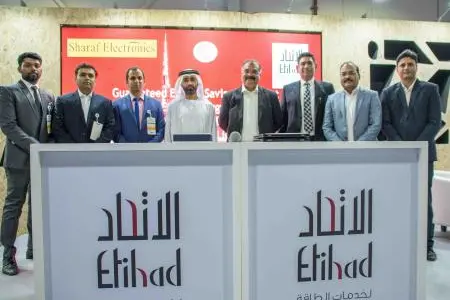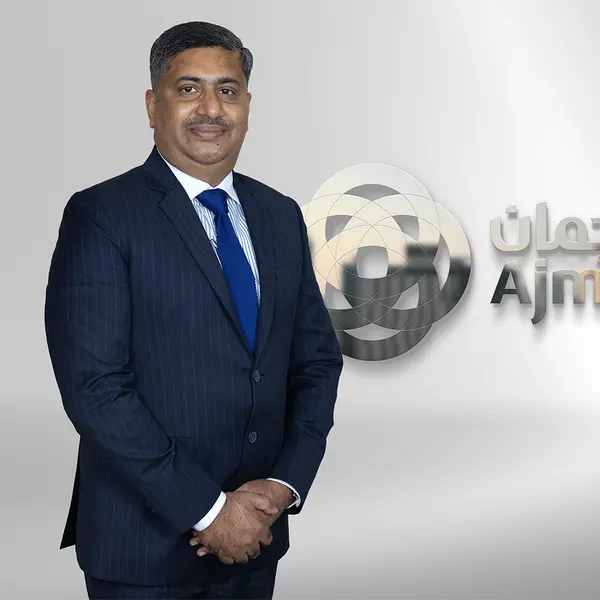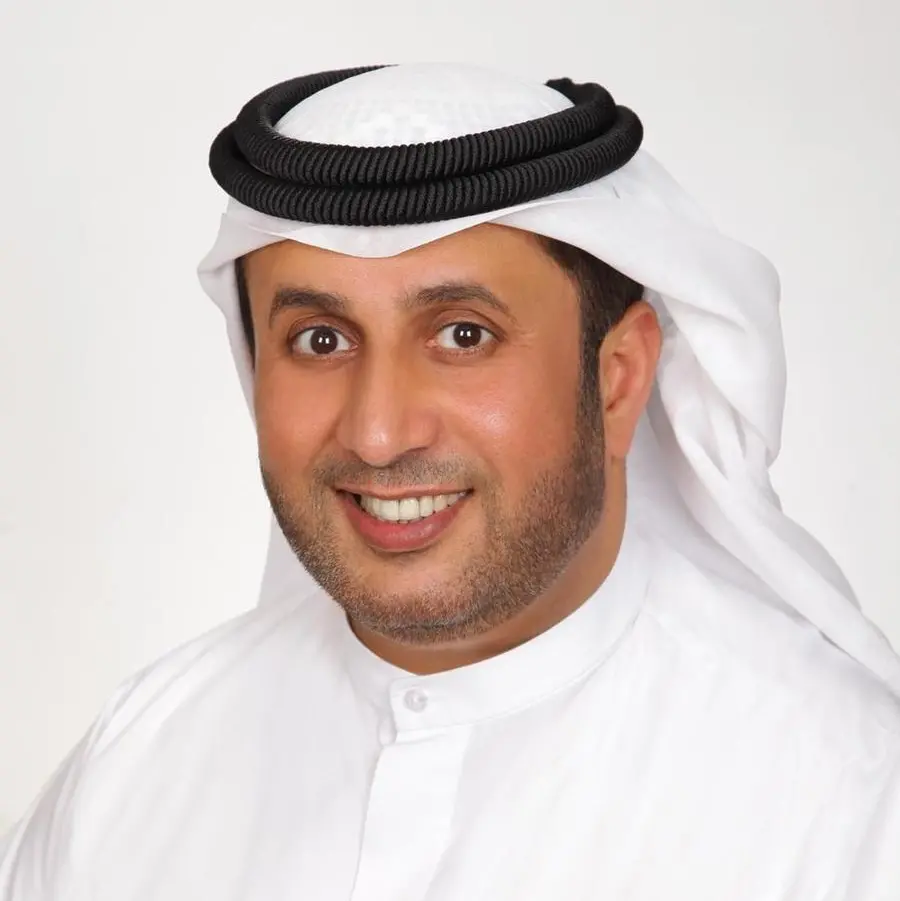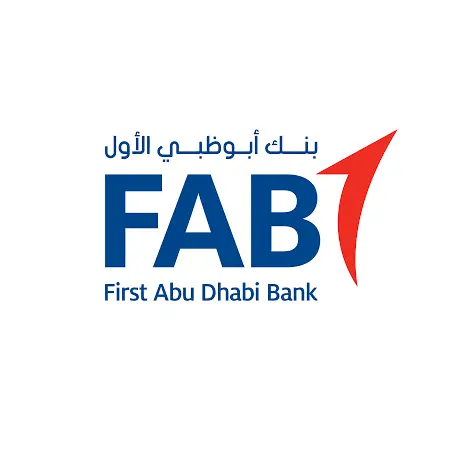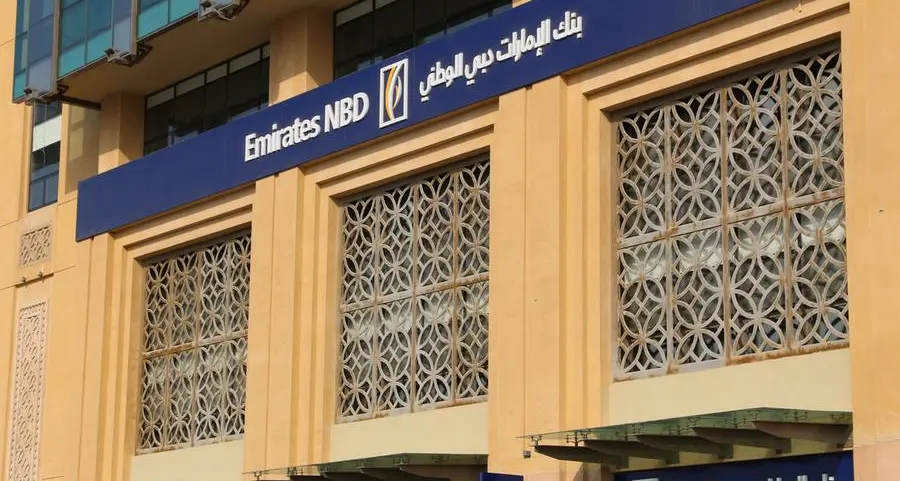PHOTO
UAE: – Etihad Energy Services Company (Etihad ESCO) announced the signing of an agreement with Sharaf Electronics for the implementation of the lighting retrofit project at three terminals of Dubai Airport. The project will replace over 15,000 outdoor and indoor lights with latest energy saving LED lights, resulting in about AED 5 million annual savings every year, for next seven years for the airport. In addition, the project supports Dubai Airport’s vision of environmental sustainability.
As an accredited ESCO company with Regulatory & Supervisory Bureau (RSB) for electricity and water in Dubai, Sharaf Electronics is tasked to complete the project within a year and a half. With over 8,500 outdoor lights, including high mast lighting and 7,000 indoor lights, latest lighting technologies from Europole and Sylvania will make Dubai Airport a front runner in energy efficient lighting in the world.
Ali Al Jassim, CEO, Etihad ESCO, said: “To begin with, putting together the project in place was a challenge, as not only had the lights to meet Dubai Airport’s highest quality standards but also must guarantee long-term high energy savings. Sharaf Electronics team worked with several vendors to meet the exacting standards to our satisfaction. We wish them success in executing the project. The project will turn Dubai Airport into a leading model of energy efficiency in the emirate.”
Nilesh Khalkho, CEO - Sharaf Electronics, said: “It is a prestigious project for us and start of a new journey. As a local group we are committed to giving something back to the society and energy is one of the areas where we would like to contribute. In this journey forward, we will be retrofitting the leading Dubai International Airport. Hopefully we will continue this journey of executing many more projects for Etihad ESCO.”
LED is the future of lighting. Retrofitting an existing conventional lighting in a building with LED lights can result in 40-50 per cent energy savings. Smart control systems together with significantly efficient luminescent technology allows to achieve significant savings. Typical airport lighting projects are governed by strictest standards of quality and energy consumption.
Etihad ESCO is a DEWA venture that was established in 2013 to make Dubai’s built environment a leading example of energy efficiency. Etihad ESCO aims to create viable performance contracting market for energy service companies by auditing and proposing energy conservation measures to major building contractors/developers, bringing Dubai closer to the achievement of its sustainability goals.
-Ends-
For more information, please contact:
Orient Planet PR & Marketing Communications
P.O. Box: 500266
Dubai, United Arab Emirates
Tel: 00971 4 456 2888
Fax: 00971 4 454 9528
Email: media@orientplanet.com
Website: www.orientplanet.com
Disclaimer: The contents of this press release was provided from an external third party provider. This website is not responsible for, and does not control, such external content. This content is provided on an “as is” and “as available” basis and has not been edited in any way. Neither this website nor our affiliates guarantee the accuracy of or endorse the views or opinions expressed in this press release.
The press release is provided for informational purposes only. The content does not provide tax, legal or investment advice or opinion regarding the suitability, value or profitability of any particular security, portfolio or investment strategy. Neither this website nor our affiliates shall be liable for any errors or inaccuracies in the content, or for any actions taken by you in reliance thereon. You expressly agree that your use of the information within this article is at your sole risk.
To the fullest extent permitted by applicable law, this website, its parent company, its subsidiaries, its affiliates and the respective shareholders, directors, officers, employees, agents, advertisers, content providers and licensors will not be liable (jointly or severally) to you for any direct, indirect, consequential, special, incidental, punitive or exemplary damages, including without limitation, lost profits, lost savings and lost revenues, whether in negligence, tort, contract or any other theory of liability, even if the parties have been advised of the possibility or could have foreseen any such damages.
